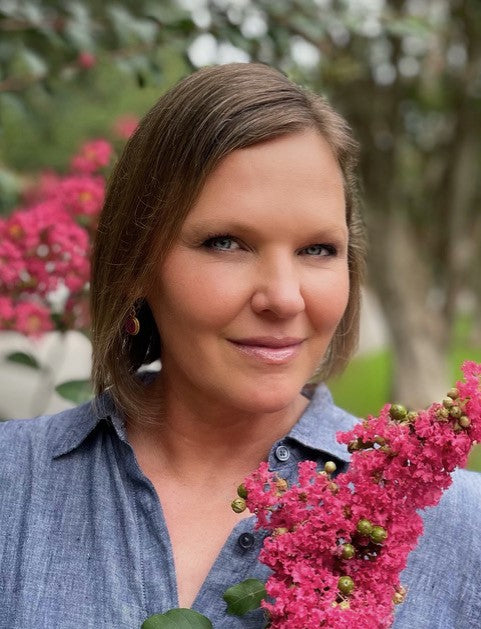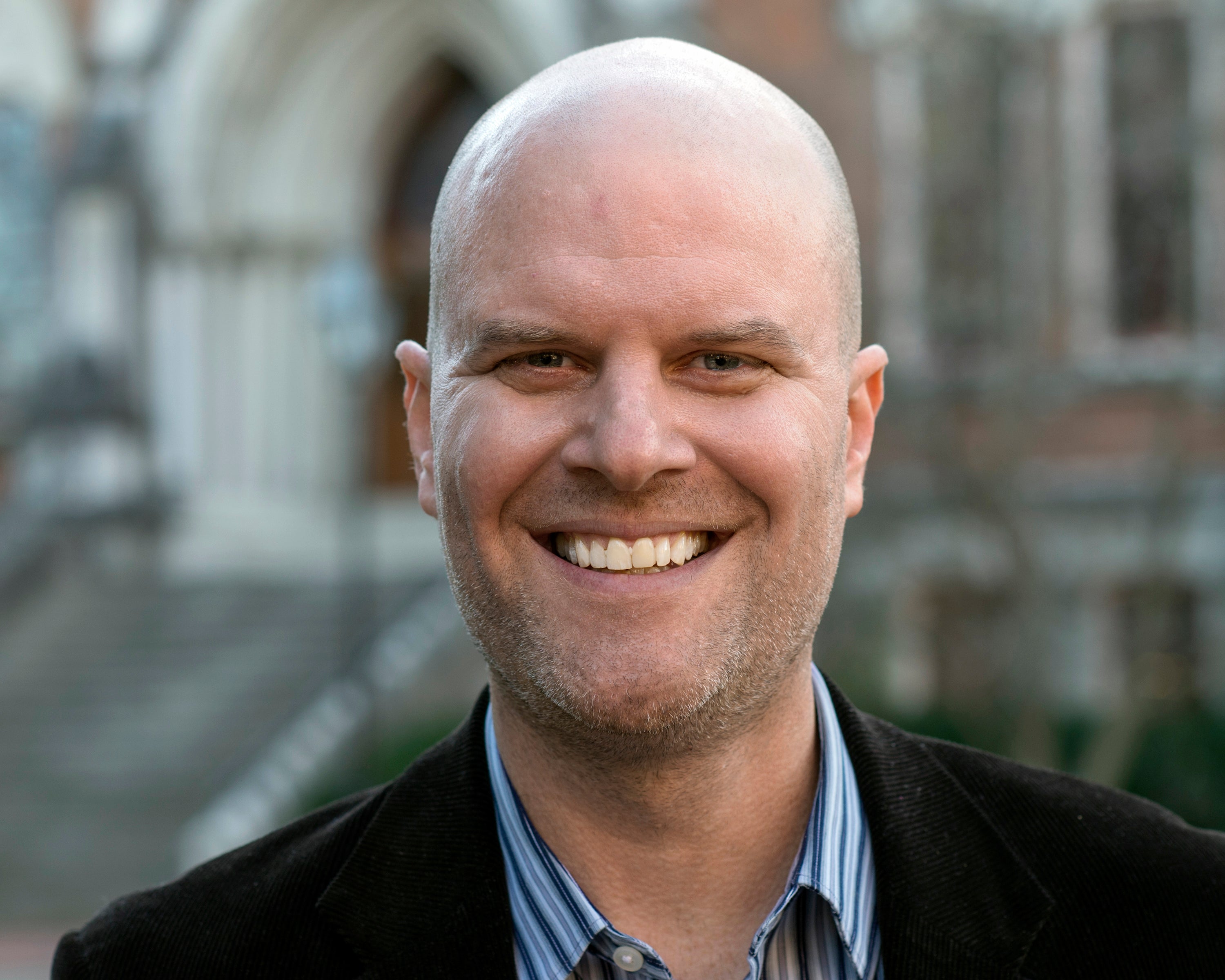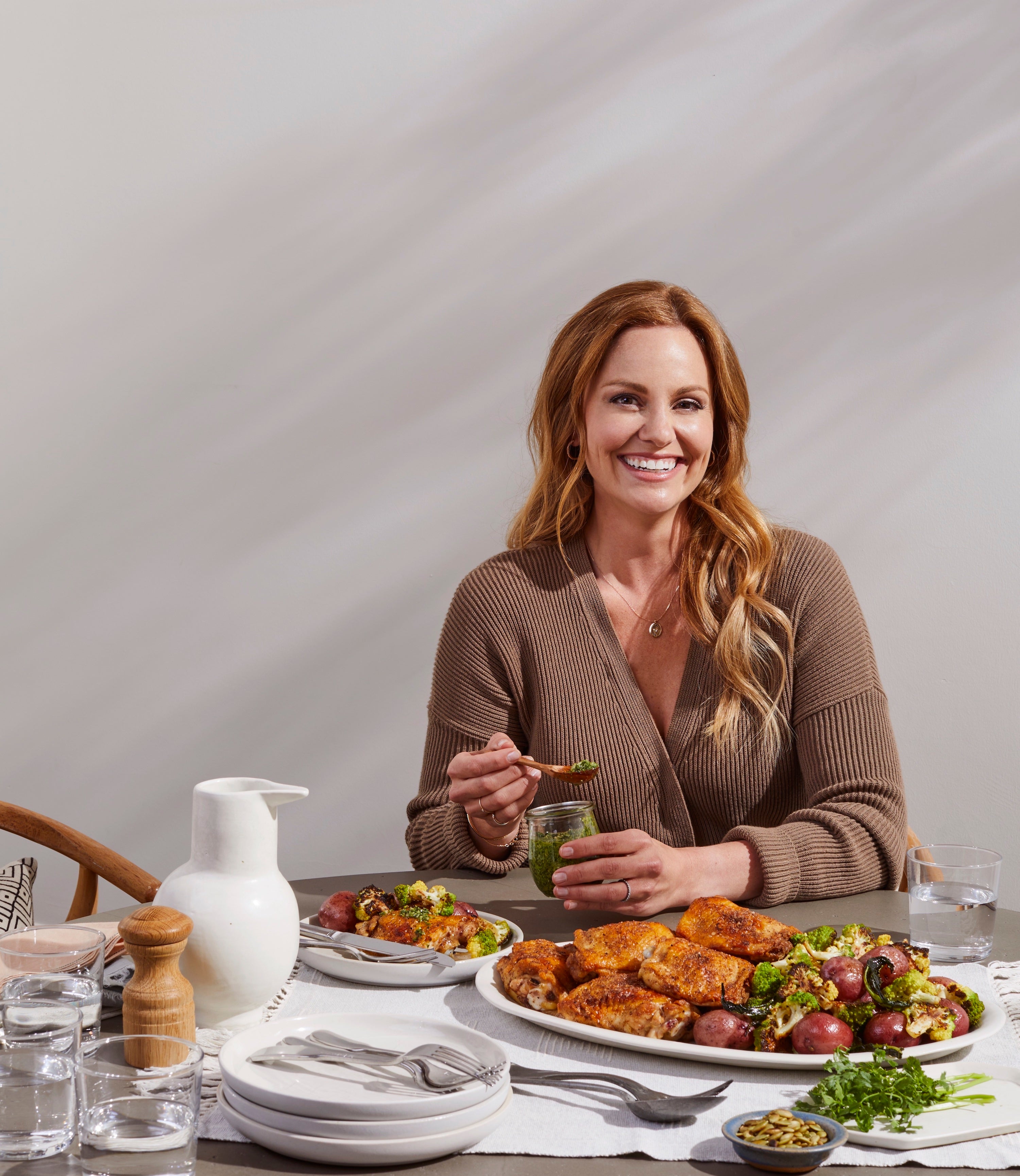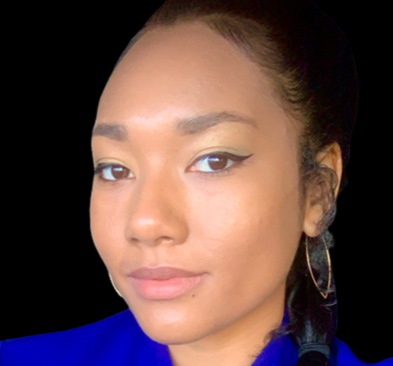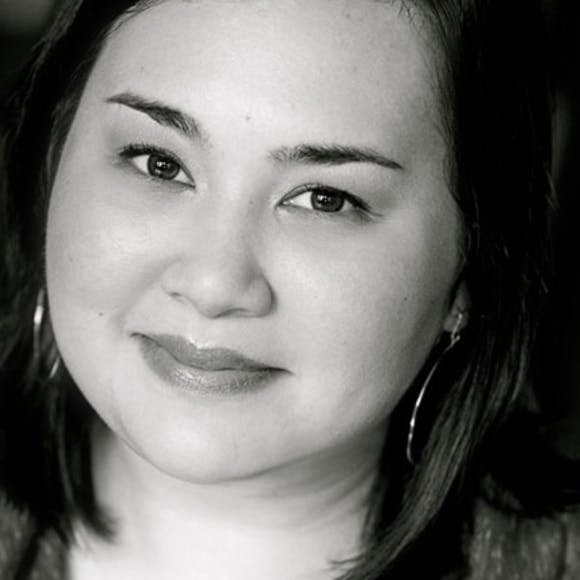Book: The Past and Other Things That Should Stay Buried

Author: Shaun Hutchinson
Author Bio:
Shaun David Hutchinson is the author of numerous books for young adults, including The Past and Other Things That Should Stay Buried, The Apocalypse of Elena Mendoza, At the Edge of the Universe, and We Are the Ants.
He also edited the anthologies Violent Ends and Feral Youth and wrote the memoir Brave Face, which chronicles his struggles with depression and coming out during his teenage years.
He lives in Seattle, where he enjoys drinking coffee, yelling at the TV, and eating cake. Visit him at ShaunDavidHutchinson.com or on Twitter @ShaunieDarko.
1. Where did the idea for your latest book, “The Past and Other Things That Should Stay Buried” come from?
The idea began as “Cyrano de Bergerac…with zombies” many years ago. It was an idea that I had and tossed around but hadn’t gotten around to writing because I was working on other projects.
When I was writing We Are the Ants, which came out in 2016, I needed a fake movie for two of my characters to go see, and ended up throwing the idea into the book under the title Dino & July.
A couple of years later, I was talking to my editor, discussing what my next project would be, and I mentioned Dino & July. She loved it, so I started working on it in earnest.
As books do, the story changed a bit from my original vision. I wound up focusing on the friendship between Dino and July rather than on unrequited love, which I think makes for a better story.
2. How much of yourself do you see in the main characters Dino & July?
I ended up basing the friendship between Dino & July on my longest friendship, which began in high school and is still going to this day, so I think a lot of me is in the characters. But I think it might surprise people to know that of the two, I’m more like July than Dino. At least, I was as a teen.
I wasn’t as blunt or outspoken as July, but I took up a lot of the emotional oxygen in the room, and my best friend was the anchor who kept me from floating away.
3. How easy or difficult is it to write a love story within the backdrop of loss and death?
I actually think it’s pretty easy and pretty natural. I think that situations like the death of a loved one heighten our emotions and really make us prone to examine our lives and what we’re doing with them. That doesn’t always mean we make good or rational decisions during those times, but I think Dino is lucky that July returned from the dead to help prevent him from making a really huge mistake (that I don’t want spoil for readers).
4. What made you want to shine a light on the diversely layered LGBTQ characters in the book?
I grew up gay without much in the way of representation, and what little representation there was wasn’t good. So I’m invested in showing queer teens that they aren’t alone. It’s really as simple as that.
5. When did you find your voice as a writer?
I started finding my voice as a writer with my first published novel The Deathday Letter. What was so different about that book was that the idea came to me one night after my mom had been admitted to the hospital for heart problems.
She lived in another state at the time, and I was struggling to decide whether to fly out to be with her.
She didn’t think it was serious enough for me to go, but I didn’t want to miss an opportunity to see her in case it was more serious than she was letting on.
I had this idea that everyone should get a 24-hour notice before they died so that they could wrap up their lives neatly. That thought turned into a story about a young man named Ollie who gets such a notice.
Ollie’s voice was so clear and so focused because I knew exactly what he was afraid of. I knew what drove him. And I was relentless about distilling that into his voice.
That experience really helped me understand my voice. It’s about discovering what the characters fear and what they’re driven by, and then connecting that to something personal so that I can get into their heads.
July, for example, is afraid of people finding out that she’s afraid of everything. She tears through life doing whatever she wants because she’s scared to stop and have people realize she terrified. And that’s something that I really relate to. I feel like that about writing all the time.
The need to just keep going or someone will find out I have no clue what I’m doing and they’ll un-publish all my books.
6. What is the primary element of death you wanted to explore in “The Past and Other Things That Should Stay Buried”?
I actually wanted to explore friendship. Death was just the framework that let me explore it. Death is awful, but it’s also necessary. Death can come suddenly, but it can also be a blessing for someone who has lived a long life or is suffering.
Similarly, sometimes friendships end. Sometimes they end suddenly, other times they end gradually and we don’t know they’re over until one day they just are.
Some friendships we grieve for a long time, while others are better off ending. Friendships, like people, have a natural lifespan. I’m not sure whether Dino and July would have found their way back to being friends if July hadn’t died, but I would have been rooting for them.
7. What is your best advice to a struggling aspiring author currently working on their first novel?
Finish it. Nearly every writer I’ve ever met who’s struggling suffers from not finishing anything. I struggled with it myself. But finishing a manuscript, no matter how bad it is (and it will be bad; mine certainly were) changes something in you mentally. Having done it once, it becomes infinitely easier to do it again and again.
8. What’s your best advice for getting over writer’s block?
Figure out what works for you and then do that a lot. I’m hesitant to throw out the “write every day” advice because not everyone is wired for that. That is, however, what works best for me. I heard someone I was on a panel with compare creativity to a car engine. You still have to start it frequently so that it doesn’t die.
Even when I’m not actively working on a project, I write something nearly every day, and while I may struggle with a particular scene or chapter or (as has been the case this year) an entire book, I’ve never found myself unable to write.
9. What’s the best book you have read in the last year?
This is always the toughest question! It’s a tossup between Sadie by Courtney Summers and The Test, a novella by Sylvain Neuvel. Both are very different books, but I haven’t been able to stop thinking about either of them.
10. What is the best advice you have ever received on happiness?
Well, it wasn’t necessarily given to me so much as given to the world—and it’s not even about happiness, but I’ve always found it so applicable. “Go that way, really fast. If something gets in your way...turn.” It’s from the movie “Better Off Dead."
11. Do you plan on writing in more books in the future?
Absolutely. I’ve actually got two more books coming. One in summer or fall of 2020; the other spring 2021. I can’t talk about either yet, unfortunately. Hopefully soon.
Places To Find More From This Author:
Twitter: @ShaunieDarko
Facebook: Shaun Hutchinson
Website: www.shaunhutchinson.com
Get Your Copy of The Past and Other Things That Should Stay Buried Today!


